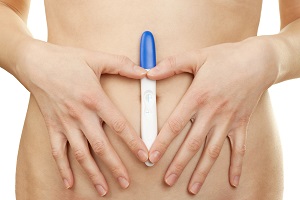Singapore has eliminated age limits for the use of in vitro fertilization. Furthermore, it eliminated the maximum number of IVF cycles that could be carried out and issued subsidies for assisted reproduction treatments.
The choice of the new government aims to encourage parenting, extending the time frame in which these technologies can be remembered. The maximum limit for resorting to in vitro fertilization was 45 years for women, even for those still technically fertile. With these new measures, the limit disappears.
The same is true for what required a maximum number of cycles, which were rarely enough for older couples. It often happened that women had to abandon therapy before being able to obtain healthy oocytes, effectively negating the efforts already made. One of the major problems of assisted reproduction in Singapore is indeed the prohibition of preserving oocytes. To do this, you need serious medical reasons, such as a tumor.
This makes it harder to get healthy gametes, especially when age starts to advance. The choice has caused some concern in the world. As we age, there are more and more risks for both women and children. The risk of hypertension increases, as does that of chromosomal abnormalities in the fetus. On the other hand, the people of Singapore always get married later and have fewer children. This has led the government to seek a solution of some kind.
Source: theindependent.sg
Add a comment





